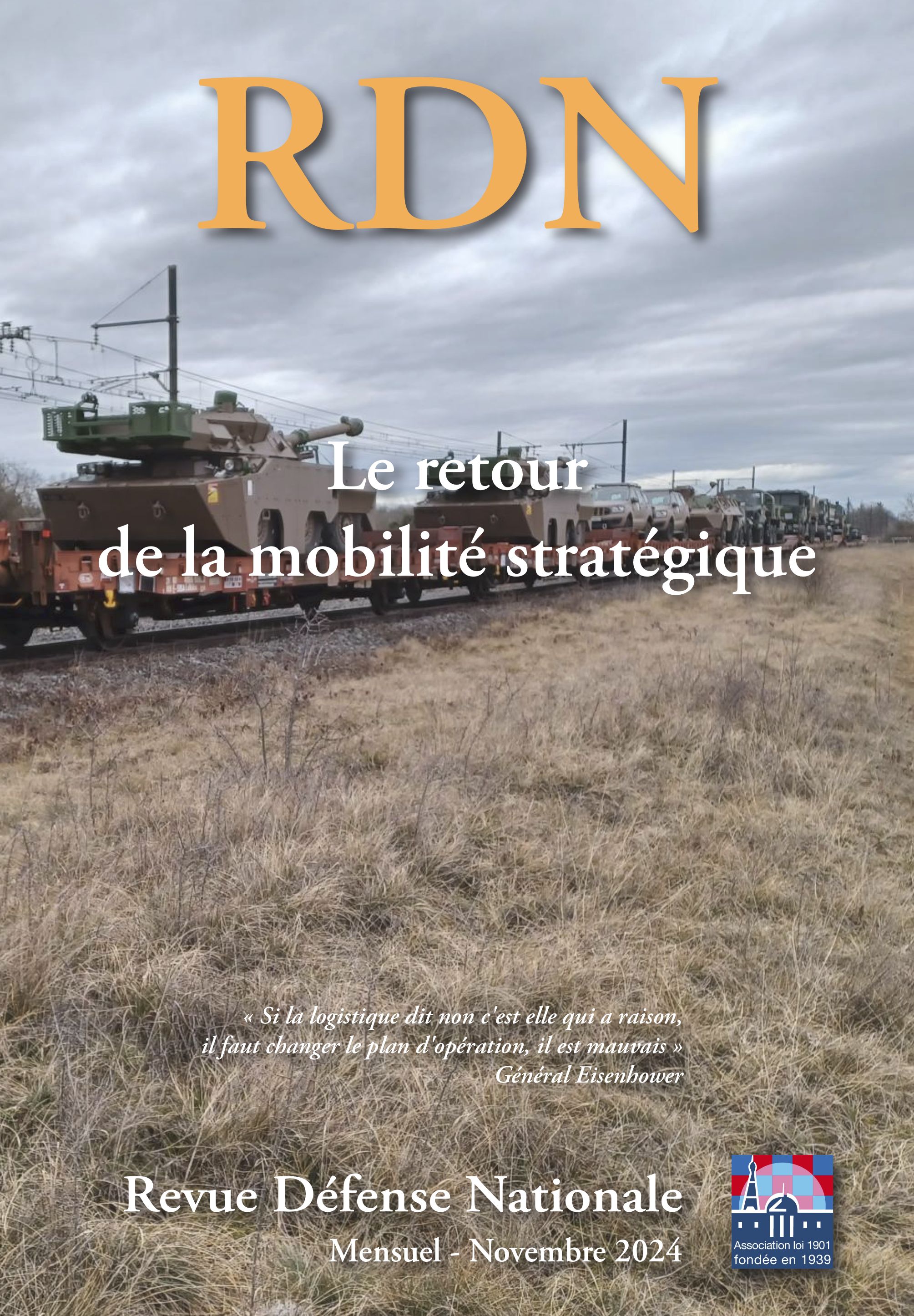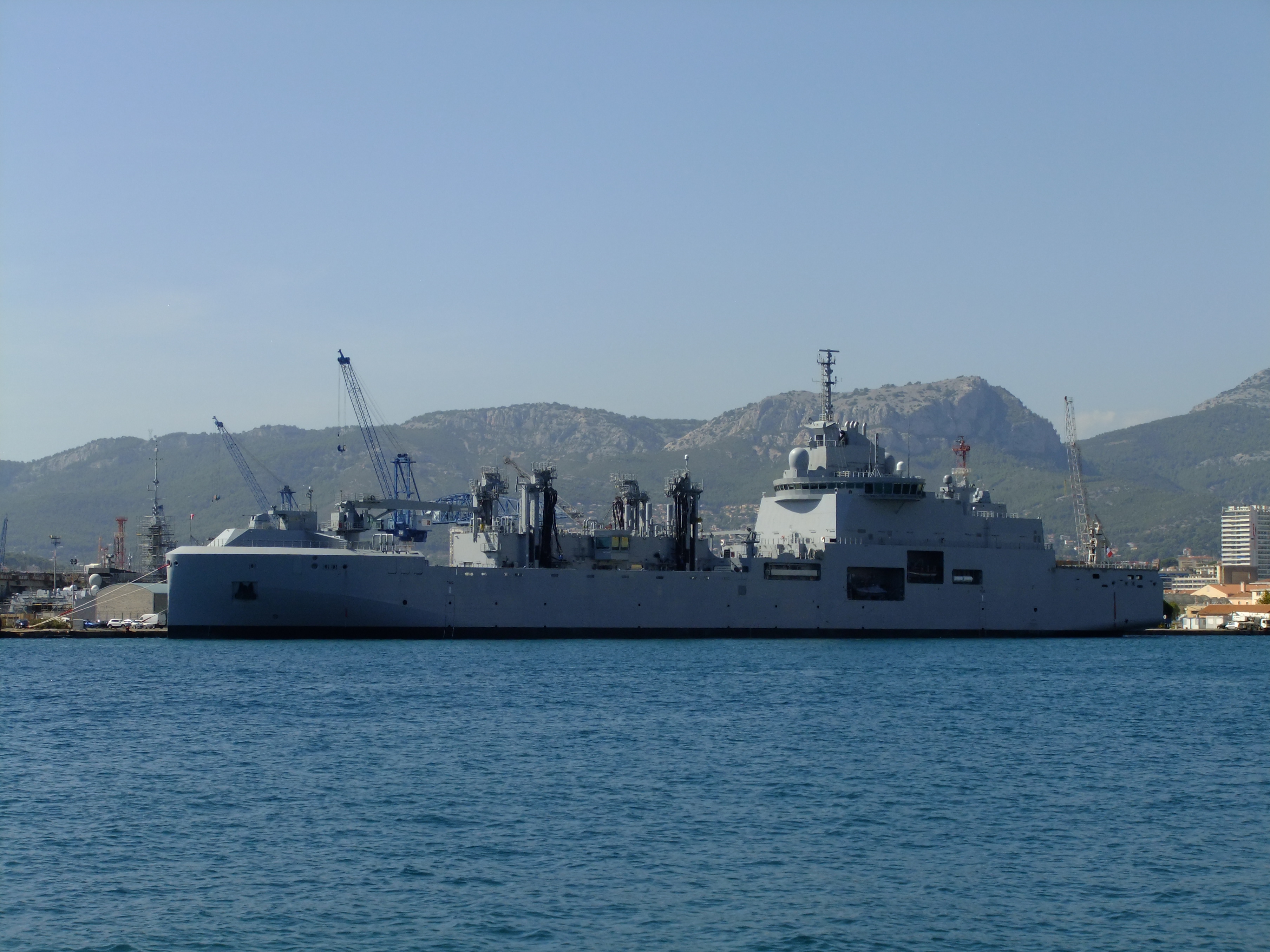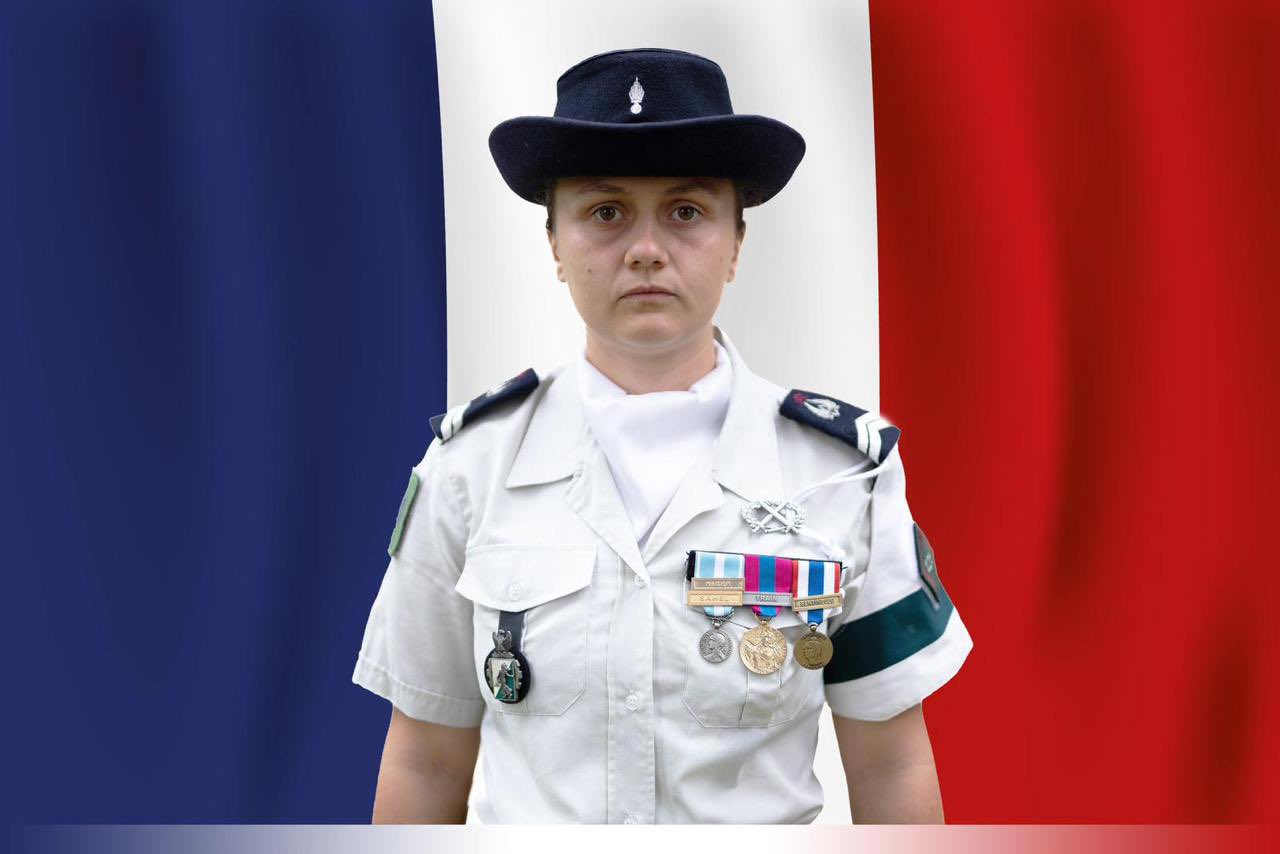Abstracts
Articles in the French edition of RDN this month
Currents and conflicts: states at a strategic crossroads - Louis-Michel Guillaume
The author describes the programme of studies which the High Council for Strategic Education and Research will present on 8 June, detailing the crucial questions posed by a world in transition and which question the durability of the systems which govern it today
The Gendarmerie nationale and the concept of protection - John Veneau
The author describes the role of the Gendarmerie in the protection of national territory, in particular of vital areas and infrastructure, especially nuclear installations, and in the continuity of the functioning of the state, in normal times as well as in times of crisis.
Use of the armed forces on national territory - Olivier Salaün
The armed forces support the functions of public order in dealing with various circumstances whether permanent (vigilance), occasional (reaction to events) or accidental (catastrophes). They operate within the context of the civil territorial organization and in the three dimensions of national territory. An updated structure has been created and tested which retains the characteristics specific to the use of armed force and a high state of readiness in case of need.
National territory as a consideration in security and Defence - Guillaume Lasconjarias
The disappearance of the threat to our frontiers has meant that national territory no longer seems to feature prominently as an issue in national security. How then to promote the spirit of defence and maintain the state’s capability for resistance to enable it, if necessary, to withstand the unexpected? The author sketches out some possibilities, particularly in the less tangible areas of defence.
French sovereignty forces - Axel Moracchini
In summing up recent developments in the overseas deployment of the armed forces, the author shows how they are becoming ever more integrated into missions of public service and the preservation of national sovereignty in overseas territories.
France and the war in Afghanistan: a very far-off conflict - Vincent Desportes
French military commitment in Afghanistan has resulted in a gradual realisation that the nature of combat and the limits of the conventional use of armed force have changed. For the land forces, the resulting conceptual and doctrinal updating has led to pragmatic changes in structures and resources. However, in the author’s opinion, the efforts and sacrifices made have not been reflected in public opinion.
When unity is weakness - Michel Goya and Camille Sicourmat
Although the construction of a wide coalition is supposed to confer legitimacy on the use of force and to increase its efficiency, the Afghan conflict could reveal many fault-lines in this apparently virtuous assemblage. The operational complexities inherent in the effects of scale and the temptation to indulge in minimal commitment alongside a dominant player are all hindrances to general efficiency on the ground.
Libya: a matter for Russian diplomacy - Jean-Christophe Romer
The Libyan question concerns not only most of the countries with interests in the Mediterranean but also all those with an interest in matters concerning Muslim minorities. This is certainly the case for the Russian Federation, as explained by the author, who is an expert on the country.
A new approach to the state in Africa: the Somali case - Sonia Le Gouriellec
The label of ‘failed state’ hides a wide variety of situations which are not all ones of disorder and irresponsibility. The Horn of Africa presents a variety of quasi-state structures which the author suggests could prefigure the diversification of the state in Africa.
The military and the reorganisation of support of the French armed forces - François Rousselle
The consolidation of the French armed services support functions under joint services command, and the creation of defence bases requires a considerable effort of initiative and creativity on the part of the military personnel engaged in the reforms. The author proposes that a personnel policy coordinated between the armed services and a continuous information campaign are required to strengthen cohesion and to meet this urgent challenge.
Particularities of the French defence sector and the difficulties of European cooperation - Olivier Cuissard
European cooperation in the armaments sector is laborious. The armaments function is an indicator of power and national sovereignty and France has organized this sector as a function of its demand for strategic autonomy. But it has also always sought the constitution of a true European armaments base, a project which is developing only slowly.
Understanding European paralysis(2/2) - Jean-Yves Haine
The particular nature of the European project combined with the flagging state of the international system does not favour the Europeanization of national strategic interests. The European Union’s prescriptive ability, although it does not sanction military abstention, is not adequate to avoid the powerlessness and paralysis which the author deplores.
Geopolitics in the twenty-first century - Christian Girard
Can the geopolitical picture of Admiral Castex help us in the twenty-first century to analyse the historical division between maritime and continental powers? Where do France and Europe fit in? Surely alongside the sea-going powers in defence of the values of freedom, according to the author.







